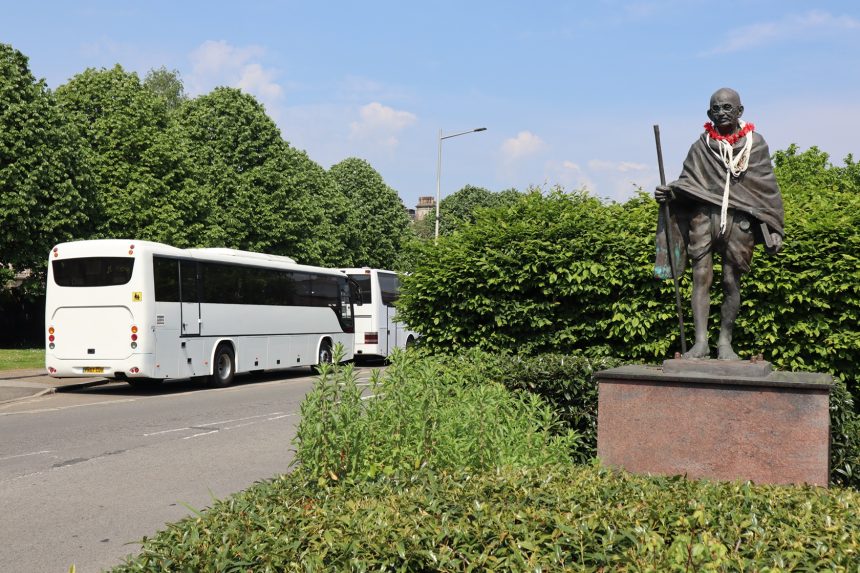Labour continues to court business big and small as a general election looms. It has pledged to reform the training and skills regime, with Shadow Education Secretary Bridget Phillipson telling companies this week that a Labour government will drive change “right across” the landscape there.
That will be a good thing for coach and bus operators if it happens in a productive manner. Much has been said about the driver shortage crisis of the early post-pandemic era having eased, particularly in bus. But all is still far from rosy across the board.
For one SME coach business, difficulty in recruiting drivers remains Challenge Number One. It is constraining growth and harming the operator’s ongoing recovery.
The Apprenticeship Levy becoming something more practical is a priority for that operator. Ms Philipson has again said that Labour will turn it into a skills and training levy. The party will also look closely at opportunities for upskilling and retraining for those changing career. That is of equal relevance to coach and bus driving as attracting younger people.
She adds that Labour will work with training providers and industry to “think afresh” about skills acquisition. It also seems to be taking more notice of SMEs. The coach industry is built on those businesses. Leading financier Sir Nigel Wilson believes that SMEs have major scope to grow, but only if investment on what he terms “an industrial scale” is forthcoming.
A zero-emission vehicle is useless with nobody to drive it. For coach and bus, short- to medium-term policy founded on much other than people is in danger of putting the proverbial cart before the horse.
If the industry is to grow in a sustainable way, it needs as a foundation stone a stable and well-trained workforce before major consideration is given to some other elements. Money is not the only key there. A structured and strategic approach to bringing people in, and keeping them, is imperative.
That will require a long-term vision and leverage of the kind of knowledge that can state how coach driving apprenticeships are a struggle for many operators and that such businesses still see recruitment as a threat – but at the same time, highlights that there are people who wish to make a career out of driving. They exist, and the industry needs to capture them.
Work around the edges – change to Driver CPC, low-key amendments to how practical tests are taken, and a likely missed opportunity to fully relax the 50km restriction placed on the youngest PCV drivers – is welcome, but realistically it represents little more than kicking the can down the road.
Noises made by Labour about reform of training and skills are positive, but – like its policy on bus service franchising – the party will face a big task to deliver should it form the next government. If Labour is as serious about working with business as Bridget Phillipson et al say, this is not a promise any of its politicians can afford to break.



























